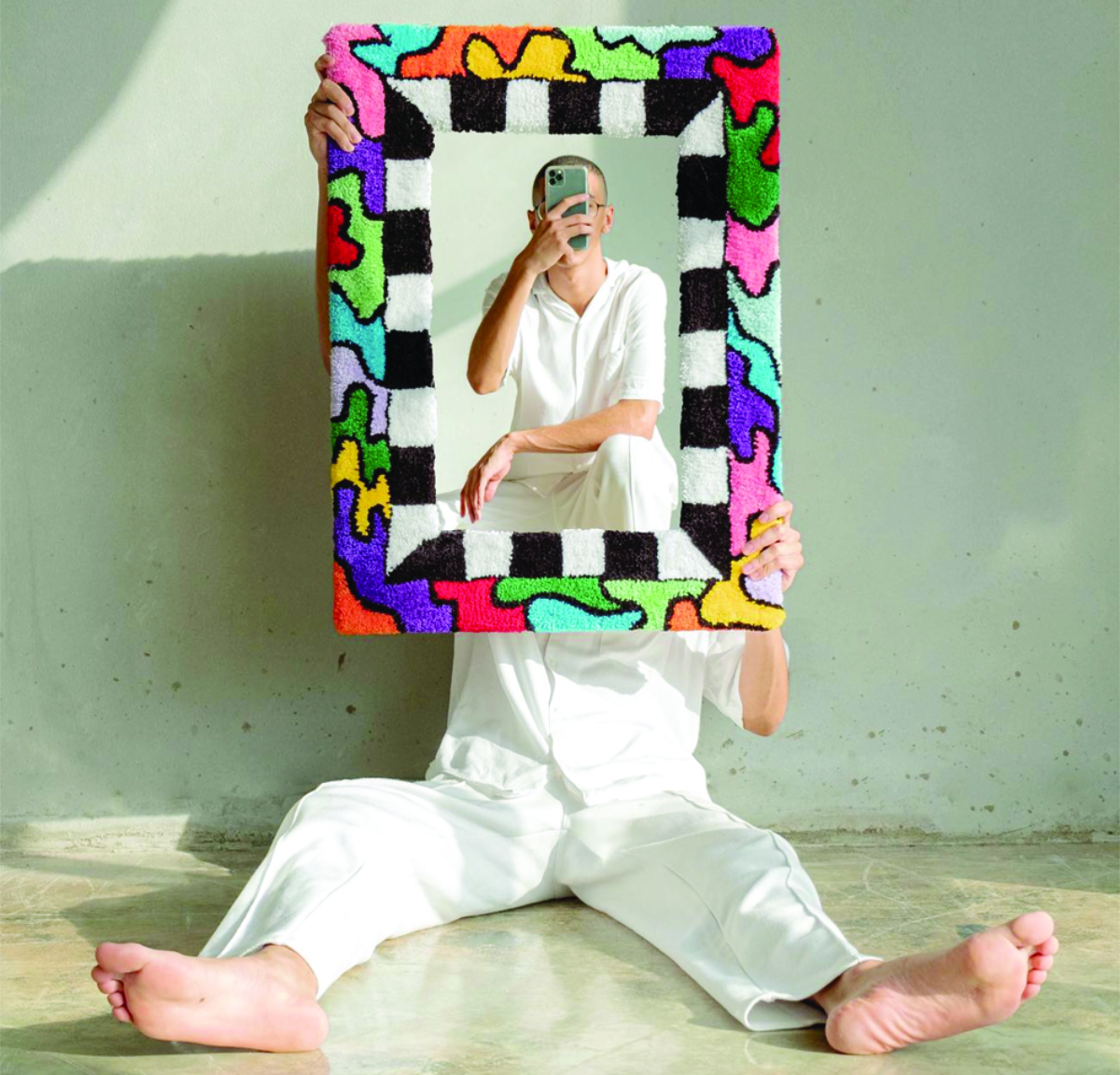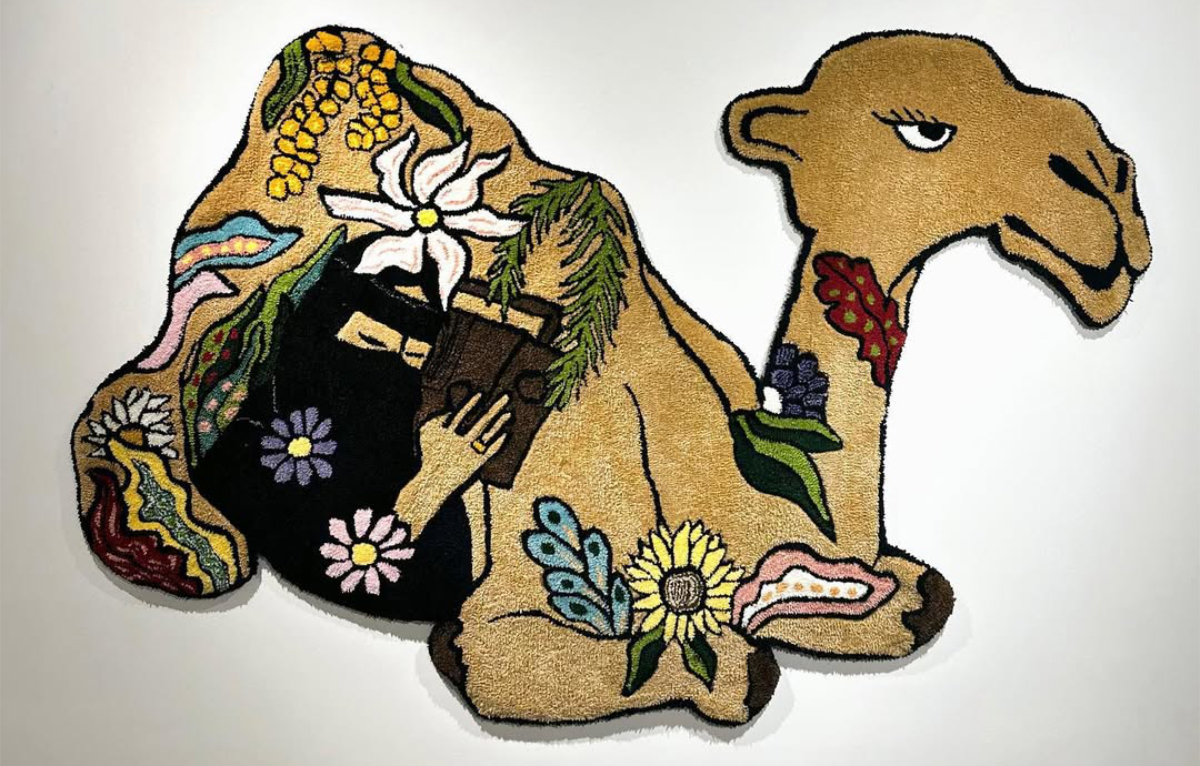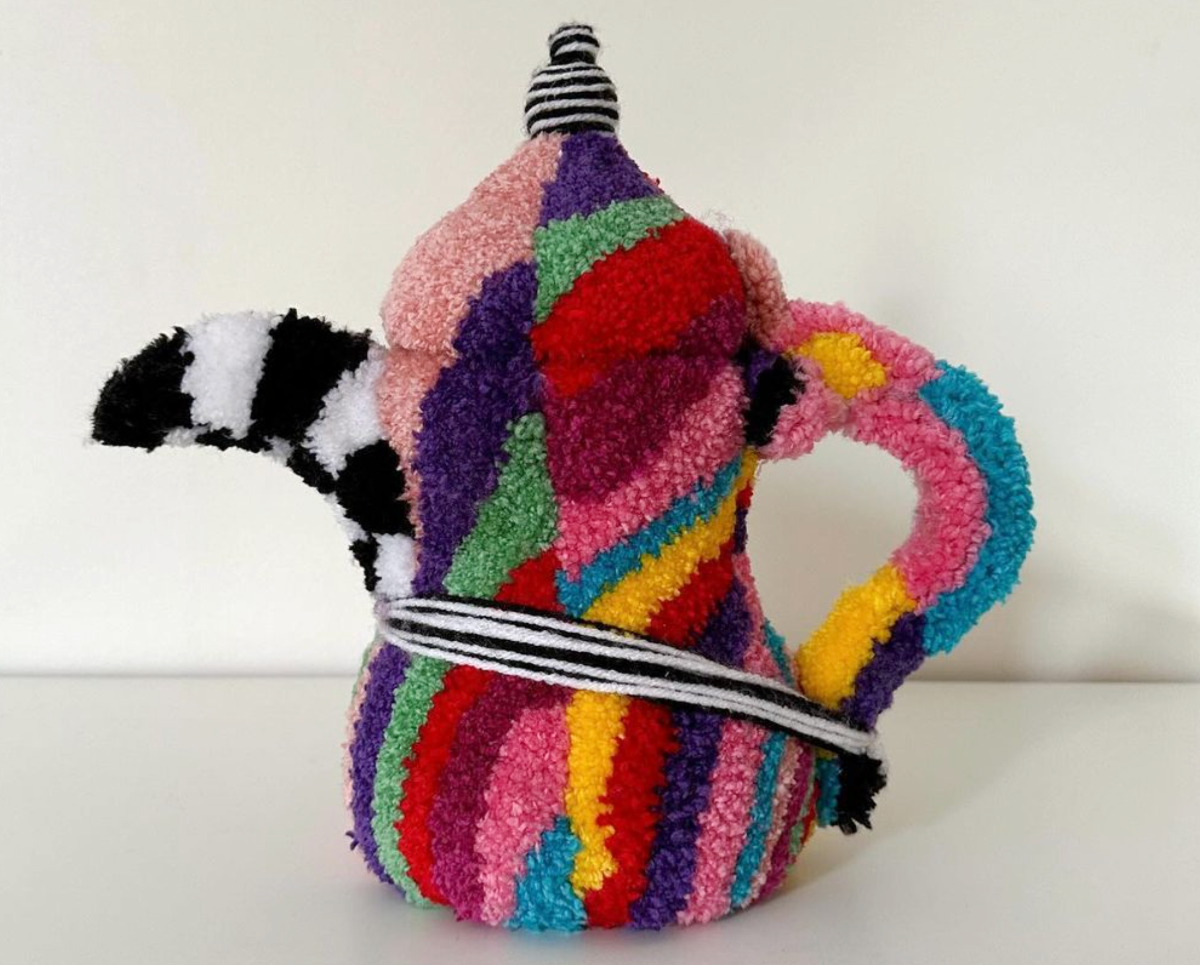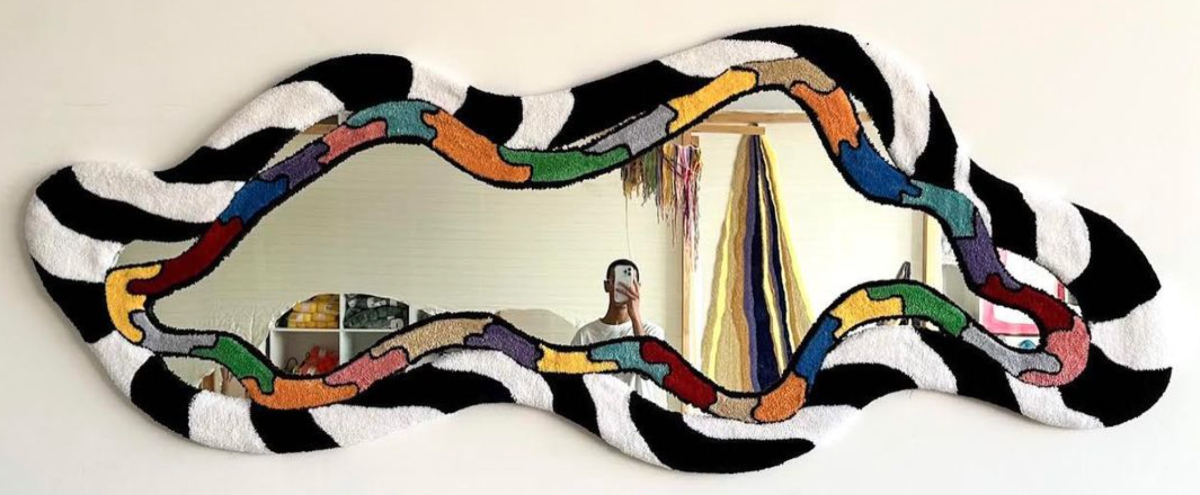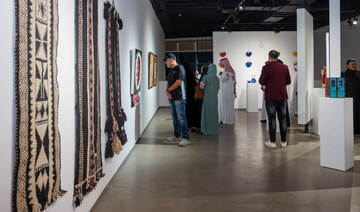RIYADH: Christmas in Saudi Arabia this year feels different in a very remarkable way. Christmas trees and decorations are for sale at a gift shop in Riyadh. Scenes of people buying Santa Claus outfits, tinsel, baubles and other ornaments from the shop in the Saudi capital are an unmistakable sign of greater tolerance towards other religions and faiths.
In recent years, festive sales have gradually been introduced into Riyadh, reflecting the process of social liberalization that began with a decree issued in 2016 by the Cabinet, restricting the ability of the Saudi Committee for the Promotion of Virtue and the Prevention of Vice to pursue and arrest violators.
In February, shops sold red roses and teddy bears in celebration of Valentine’s Day, a development that too was unthinkable just two years ago. Now, the sale of Christmas decorations in Riyadh perfectly captures the zeitgeist of a new era in the Kingdom.
To be sure, for Christian households the world over, Christmas this year is like no other. The combination of pandemic-linked curbs on family gatherings and financial hardships brought on by lockdown measures has taken some of the shine off the Dec. 25 holiday.
For the Christian expat community of Saudi Arabia, where various restrictions related to COVID-19 remain in effect, the day will probably be more a time for reflection than rejoicing.
The situation in the Gulf region is no different from the rest of the world. The festive traditions of big family get-togethers, religious gatherings, parties with friends and colleagues, and alpine-themed Christmas markets have this year been forced online or canceled altogether as governments restrict travel, impose limits on households mixing and scrub the social calendar.
Saudi Arabia imposed travel restrictions in March to help contain the coronavirus outbreak. Although the Kingdom partially lifted flight bans on Sept. 15, all international flights were again suspended on Dec. 20 for one week following reports of a new virus strain emerging in Europe.
“As a Christian based in Saudi Arabia, I’m celebrating Christmas in solitude away from the family,” Jeruel Trinidad, an American expat working in Riyadh, told Arab News.
“Usually, I go home at this time of year to reunite with my loved ones, but this year, for obvious reasons, I’m stuck where I am. I’ll survive Christmas by treating myself in a cozy restaurant that serves my favorite dishes, engage in a lot of video calls with relatives back home, meet up with friends in the same predicament as me, and most importantly, continue working to keep myself busy so I can forget the nostalgia. Once all this is over, I’ll go home when I can.”

Many Christian families had hoped that the pandemic would be under control by December, and had dreamed of festive reunions following months of separation and isolation. But the World Health Organization has warned of “a significant risk of increased COVID-19 transmission during the upcoming holiday season,” with experts advising against unnecessary travel and indoor religious gatherings.
The situation is unlikely to change significantly by Jan. 7 in the new year, when Coptic Christians celebrate the birth of Jesus Christ following the Coptic calendar.
Although disappointed, many Christian expats in Saudi Arabia are determined to mark the occasion, albeit responsibly. Berney James, an Indian national based in Riyadh, admits things will not be the same, but says he will not allow the pandemic to dampen his festive spirit.

Christmas decorations at a mall in Jeddah. (Supplied)
“There is no place like home to celebrate Christmas,” James told Arab News. “There’s a lot of expectation, but also disappointment going around this time due to travel restrictions amid the pandemic. Nevertheless, we’re decorating our homes and organizing meals with friends.”
Christian expats in the Kingdom, as elsewhere during this pandemic year, are trying to make the best of a bad situation and focusing on the positives.
Fina Concepcion, an occupational therapist at Prince Sultan Military Medical City in Riyadh, usually returns home to the Philippines to celebrate with her extended family.
This year, she has tried to create as magical a Christmas as possible for her young son. A new gift-wrapped toy awaits under their makeshift tree for him to open on Christmas morning.
Simbang Gabi, or Night Mass, is an important nine-day religious observance performed each year in the Philippines in anticipation of Christmas.
This year, Concepcion’s family and many other Catholic Filipinos are missing out. She is hopeful the pandemic will soon be brought under control so she can book a visit home.

Fina Concepcion's children spending Christmas in Riyadh. (Supplied)
While some expat households will try to recreate the traditions of a more familiar Christmas, others have embraced Saudi pastimes to help quash their longings for home.
Arnold Gonzales Pineda, a Filipino expat based in the Saudi city of Buraydah, told Arab News: “On Christmas Eve there will be feasting, a little bit of singing, and exchanging of gifts depending on what everyone can afford.”
Nonie Sagadal Jr., a resident of Riyadh, explained that Filipinos in Saudi Arabia normally celebrate Christmas in different ways: “Some organize parties in their accommodation or camps by organizing programs and exchanging gifts. They sing in groups during these gatherings and even dance to the music.
“Other groups, consisting of friends or co-workers, celebrate Christmas night by going out. They take a break from kitchen chores and dine out.”
Sadagal Jr. said families, on the other hand, typically enjoy themselves by spending Christmas Day in public parks or meeting up for a meal in a restaurant.
For Lidiane Ramos Faubel, a personal fitness and martial arts trainer from Brazil, spending time with friends and loved ones is more important than the season’s religious observances.
To ease the pangs of homesickness, she is grateful to have a community of Brazilian friends in Jeddah to share the holidays with.

Lidiane Ramos Faubel spending Christmas with her family. (Supplied)
Lydia Diggs, an instructor of English at Jeddah’s King Abdulaziz University and a holistic coach, said she would have loved to spend Christmas with her family, but the significance of the season is more spiritual than material for her at a personal level.
Nevertheless, she added, she appreciates the “Merry Christmas” greetings from students as they create a more welcoming environment.
This year, Don Owens, a senior manager of polymer and material sciences at SABIC’s Corporate Research and Development Center at King Abdullah University of Science and Technology (KAUST), is spending his first Christmas in Saudi Arabia.
Rather than traveling home to the US to spend the holidays with his extended family, he is using this time to explore Saudi Arabia’s natural wonders with a Christmas camping trip. “One of our favorite things to do in Saudi Arabia this time of year is take trips into the desert,” Owens told Arab News.
“We’ve decided to get together with some friends from here at KAUST and do a two-day camping trip in the desert. This will be our first time spending the night in the desert, so the whole family is very excited about this.”
Sarah Palmer, who works for John Hopkins Aramco Healthcare in Dhahran, told Arab News: “I’m Australian, so a sunny Saudi Christmas Day is perfect for me. We have friends here who’ve become as close as family, so on Christmas Day we’ll have an outdoor lunch by the pool while enjoying the perfect weather.”

Lydia with her family on Christmas two years ago. (Supplied)
As for family members thousands of miles away, the internet has been a godsend through the months of separation.
“There will be lots of messaging with family around the world, sharing videos of the children opening presents, photos of the food and, of course, FaceTime so the kids can see their cousins and grandparents,” Palmer said.
Christmas may seem different this year, particularly for expats spending the festive period far from home. But with the Kingdom’s increasingly open, tolerant environment, a few reminders of home in the shopping aisles and a little help from smartphone technology, it is sure to be one to remember.
************************************
‘A modern vision to life’
On a state visit to Egypt in March 2018, Saudi Crown Prince Mohammed bin Salman invited Pope Tawadros II, the leader of the country’s Coptic Orthodox Church, to the Kingdom. During a tour of Cairo’s St. Mark’s cathedral, the crown prince said all Coptic Christians were welcome in Saudi Arabia.
Recalling the meeting, Tawadros, in an exclusive interview later with Arab News Editor in chief Faisal J. Abbas, said: The crown prince is “an open-minded person who has a modern vision to life, and this pleases us a lot.” A delegation was to visit Saudi Arabia shortly afterwards to lead private sermons for Coptic Christians living in the Kingdom.
Tawadros also said the meetings that Crown Prince Mohammed bin Salman and Saudi officials were holding “on all levels, whether religious, political or cultural, are very beneficial to the nation and the Kingdom and contribute to human development.”
Also in March 2018, Crown Prince Mohammed bin Salman held a private meeting in London with Archbishop of Canterbury Justin Welby, where they discussed the reforms underway in Saudi Arabia. "The Crown Prince made a strong commitment to promote the flourishing of those of different faith traditions, and to interfaith dialogue within the Kingdom and beyond," the archbishop's office said.
In September 2019, a delegation of evangelical Christian leaders visited Saudi Arabia and held meetings aimed at promoting interfaith harmony. The group, led by Joel Rosenberg, an American author, was received by Crown Prince Mohammed bin Salman and stress was laid on efforts to promote coexistence and tolerance as well as to combat extremism and terrorism.
______________________





